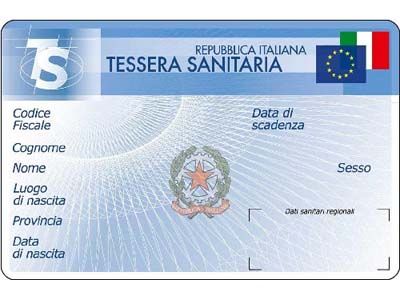– Mario Dusi.
The Italian tax code (“codice fiscale”) is a 16-character alphanumeric code that unambiguously identifies individuals in their relations with public authorities and other administrations.
The code is based on personal data, with the first 6 letters identifying surname and name, the following 5 characters identifying year, month and day of birth, the next 4 indicating the Italian municipality or foreign state of birth and the last one being a random letter calculated by the system to avoid having two identical codes.
Having a valid tax code, issued by the Italian Tax Authority (Agenzia delle Entrate), is essential for a lot of activities, e.g., to register with the Local Health Authority (ASL) and choose the general practitioner, to open a bank account, to purchase or inherit property, to buy a car, to buy a sim card, to connect to utilities, to receive payments, to pay or receive tax refunds etc.
However, having an Italian tax code does not result in an obligation to pay taxes in Italy, having only (as mentioned) identification purposes.
At the following link you can find a mini guide on the tax code for foreigners, in 18 different languages:
https://www.agenziaentrate.gov.it/portale/web/guest/mini-guida-codice-fiscale-per-stranieri


